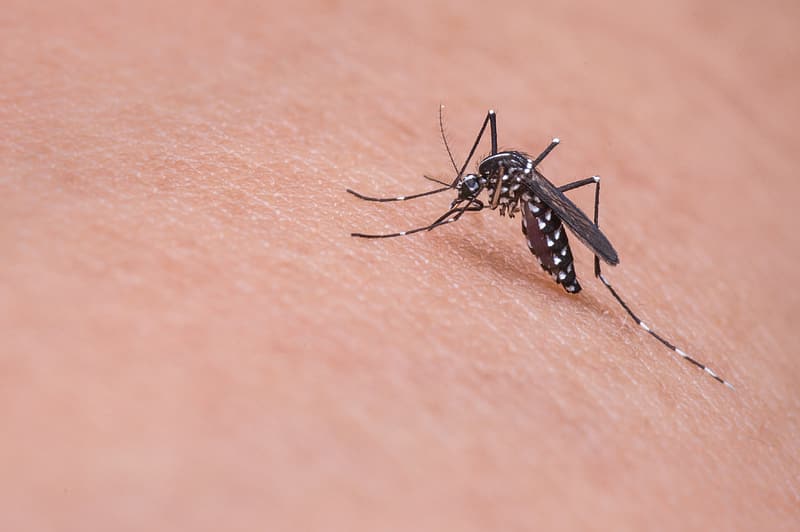Indonesian health officials are recording a spike in cases of dengue fever across the country, with the Ministry of Health reporting about 68,000 cases so far, alongside the country’s rising cases of COVID-19 that isn’t showing any signs of slowing down.
Siti Nadia Tarmizi, director of vector-transmission and zoonotic disease prevention and control at the Health Ministry, said in Jakarta yesterday that officials are recording between 100 and 500 dengue fever cases on the daily in the country. As of June 22, the official tally stands at 68,000 cases, with a death toll of 346.
The ministry said that most cases were recorded in West Java with over 10,000 cases, followed by Bali province with nearly 9,000 cases. Meanwhile, the death rate is highest in West Java, Central Java and East Java, which are also regions reporting high cases of COVID-19.
The tropical disease poses an additional challenge for Indonesian health officials and workers, as the Southeast Asian country has also been recording rising cases of the coronavirus in recent weeks, whereby daily cases of around 1,000 have brought the national caseload to 46,845, according to the latest official data.
Nadia added that in some cases, patients have developed both dengue fever and COVID-19 and further noted that dengue fever cases usually reach their peak around the month of March in previous years.
Mulya Rahma Karyanti, an infection and tropical pediatrics expert from Cipto Mangunkusumo Hospital (RSCM), said that dengue fever and COVID-19 carry different symptoms, noting that fever, nosebleed and bruises are common for the former, while the latter affects the respiratory system.
“This doesn’t happen with COVID[-19]: spontaneous bleeding, nosebleed, gum bleeding, or red spots on the skin, that could happen [with dengue fever],” Mulya said.
Read more news and updates from Bali here.




